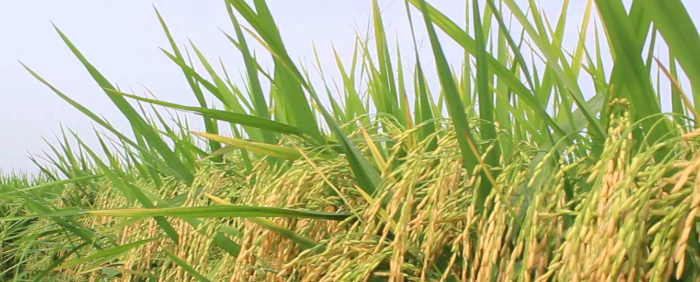
Food and drink rich in sugar and fat, the imbalance of nutritional intake, as well as chemical contamination of our diet (including the presence of multiple pesticides) are pointed out. In the aim of a balanced and diversified diet, an increase in the consumption of fruits and vegetables and whole grains is necessary.
A food policy
Mobilizing the future CAP to influence food modes is essential to better meet society’s expectations in terms of quality and access to food, nutrition and public health. Tackling food-borne illness is a way to respond to a public health problem, as well as to the overexploitation of resources and the environmental problems that result from it. We need a resolutely food policy that first targets the needs of consumers, in line with the capacity of our environment to meet them, with transparent and affordable prices, reflecting the production costs and the environmental costs incurred, all by guaranteeing a remunerative income for producers.
A real food policy is necessary: it must give more support to products from organic farming, under designation of origin, under labels, which provide benchmarks in terms of identification of source and mode of production of food. These cultures contribute to vitality and employment in rural areas, and bring social and environmental benefits that benefit society as a whole. Thus, in their food purchases, European consumers must be able to choose the type of agriculture that they consider beneficial for society, which does not lead to artificially low prices due to underpaid agricultural labor and damage to the environment and the health of producers in third countries or on our territory. Quality, local, seasonal food accessible to all therefore remains the main legitimacy of the CAP.
CAP must engage on food issues
The CAP must therefore broaden its intervention tools for food information and education in order to encourage changes in consumption patterns: more diversified local plants, less sugars, less animal and vegetable fats from intensive and unsustainable farming methods. It must also act to reduce food waste: each European generates 160 kg of packaging waste per year, two thirds of which is of food origin. The food itself goes to the trash: 26% in France, 50% in the United States … No more throwing it away would reduce our ecological footprint by 8%. A real food policy cannot ignore the waste of food, for ethical, social and environmental reasons
The CAP must also favor localized and seasonal food systems as well as short circuits to restore the relationships of trust between producers and consumers and participate in the reduction of greenhouse gas emissions. The CAP must in particular support the integration of quality food (including organic farming) and of local origin in collective restaurants (canteens, university, administrative restaurants, etc.).
The EU must also consider what support it can bring to the most disadvantaged, within the CAP itself, or within the framework of a social policy to be reinforced in this area. The European program of assistance to the most deprived (PEAD) allows to support the distribution of food products thanks to charitable associations. The PEAD being limited to certain basic foods (products based on cereals, sugar, rice and especially milk for two-thirds), the extension to fruits and vegetables and to quality proteins seems necessary to us in order to diversify nutritional intakes.
How to harmonize agricultural production and food
– amplify consumer information on environmentally-friendly production methods which provide healthy products to consumers, like organic farming; inform and raise awareness on the reduction of food waste both among the general public and professionals, private and public;
– broadly develop nutritional education programs, particularly in favor of the consumption of fruits, vegetables, cereals and legumes; integrate awareness of a diet less rich in animal proteins, while respecting nutritional needs; encourage seasonal food consumption through information and awareness programs;
– support the development and maintenance of short circuits (especially urban and peri-urban) which help to restore relationships between producers and consumers around quality, seasonal and local products; support in particular projects that involve local authorities and farmers in the supply of quality and local products in collective catering (school, university, administrative restaurants, etc.);
– at the same time, direct support towards production methods in line with public health demand, that is to say by favoring production systems using little or no pesticides, excluding GMOs and preserving domestic biodiversity;
– consolidate the PEAD and diversify the nutritional intake of food products, in particular by introducing quality fruits and vegetables and proteins into Community aid.